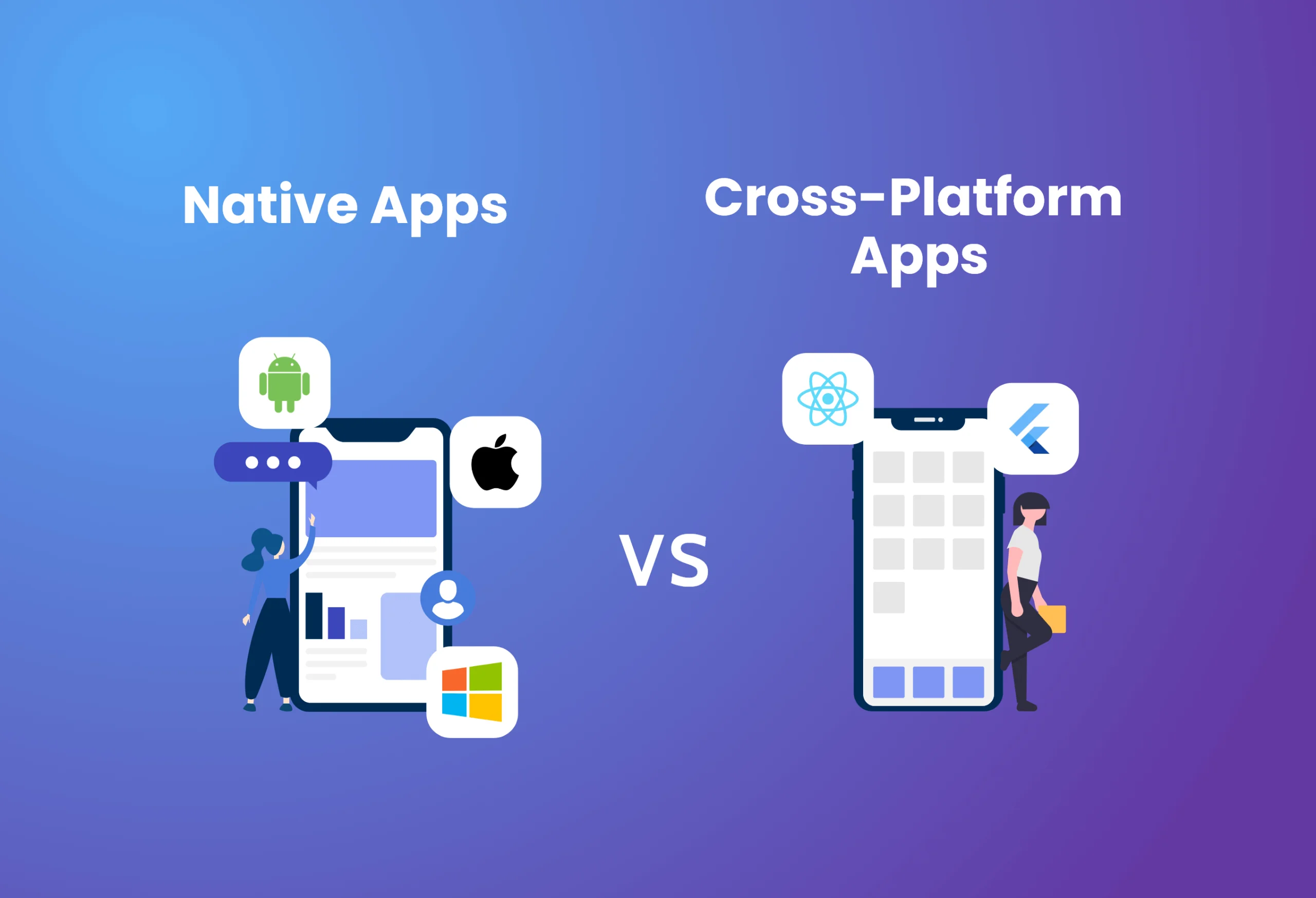How Do Mobile Development Approaches Impact Business Growth?
As mobile developers, we understand how crucial it is to choose the right development approach. The right choice can enhance user experience, reduce costs, and improve scalability. First, we assess your project needs, budget, and target audience. Then, we recommend the most suitable approach to ensure seamless performance, faster deployment, and cost-effective maintenance.Mobile development is constantly evolving with new frameworks, tools, and best practices. Some developers may advocate for native apps, while others prefer cross-platform solutions based on their experiences and project-specific factors. Understanding these perspectives will help you make a more informed decision.
What Are the Benefits of Native vs. Cross-Platform Development?
- High Performance and Seamless User Experience
- Native Apps: Since they are built specifically for one platform (iOS or Android), native apps deliver high performance, better responsiveness, and a smooth user experience.
- Cross-Platform Apps: While efficient, they may experience slight performance lags due to abstraction layers and shared codebases.
- Development Time and Cost
- Native Apps: Require separate codebases for iOS and Android, leading to longer development time and higher costs.
- Cross-Platform Apps: A single codebase serves multiple platforms, making development faster and more cost-effective.
- Access to Device Features
- Native Apps: Have full access to device capabilities like GPS, camera, and push notifications, providing better integration.
- Cross-Platform Apps: May require additional plugins or third-party libraries, which can sometimes lead to compatibility issues.
- Scalability and Maintenance
- Native Apps: Require updates for each platform separately, which can increase maintenance efforts.
- Cross-Platform Apps: Easier to maintain since updates and bug fixes can be rolled out simultaneously across platforms.
- Market Reach and Flexibility
- Native Apps: Ideal for businesses that prioritize performance and a seamless user experience.
- Cross-Platform Apps: Great for startups and businesses looking to reach a wider audience with a limited budget.
Choosing between native and cross-platform development depends on your business goals, budget, and user expectations. If performance, security, and seamless UX are your top priorities, native development is the best choice. However, if you need a cost-effective, scalable solution with a broader market reach, cross-platform development is an excellent alternative. Evaluating these trade-offs carefully will help you make the right decision for your mobile app strategy.













